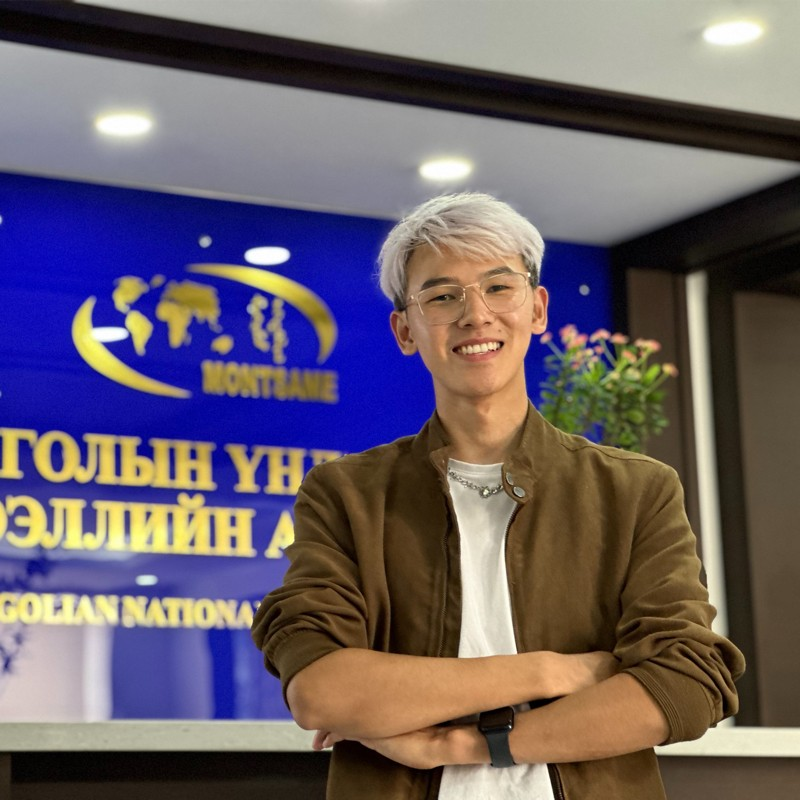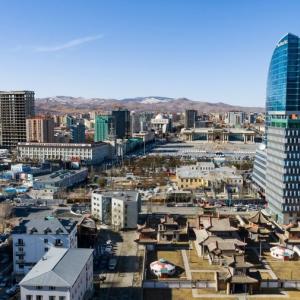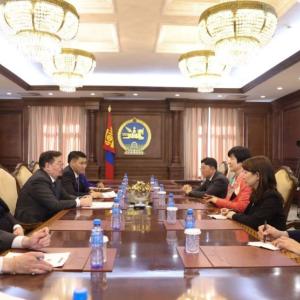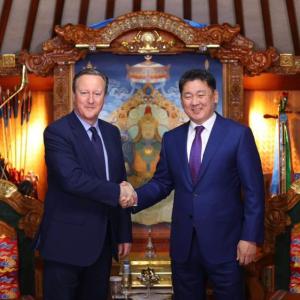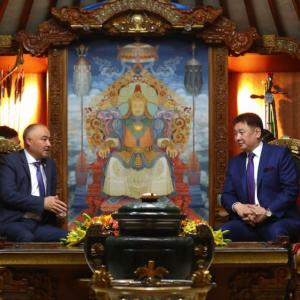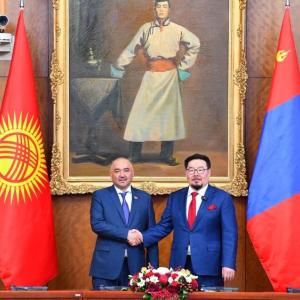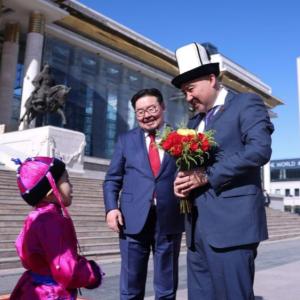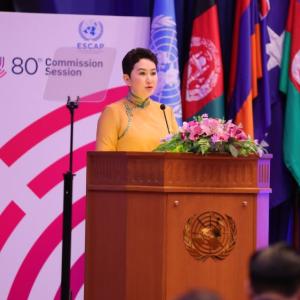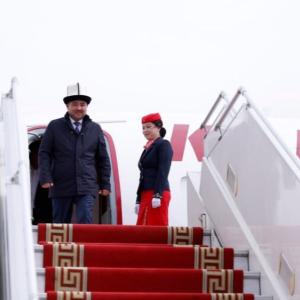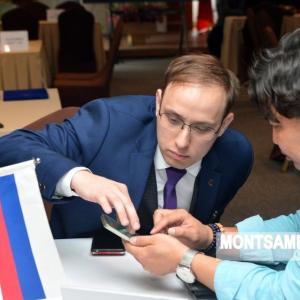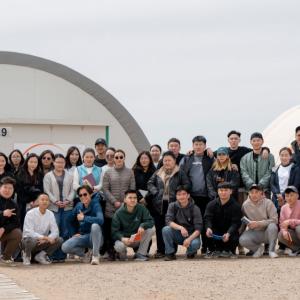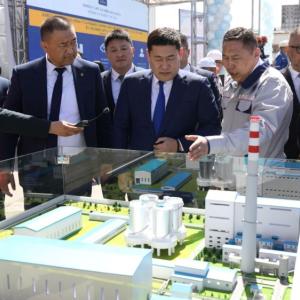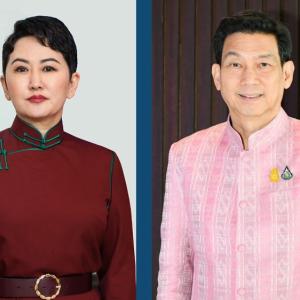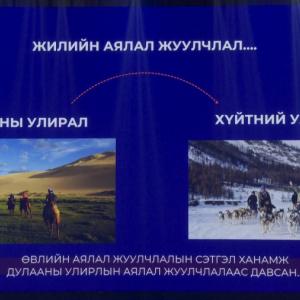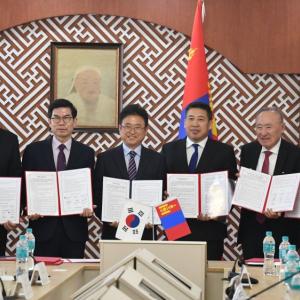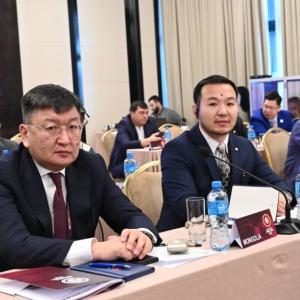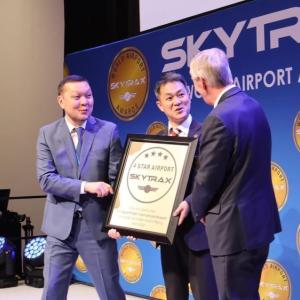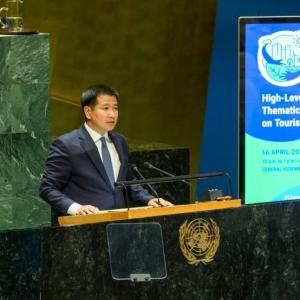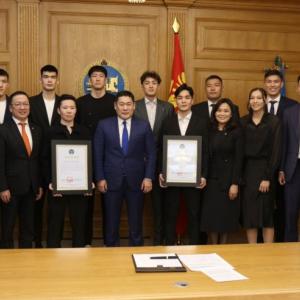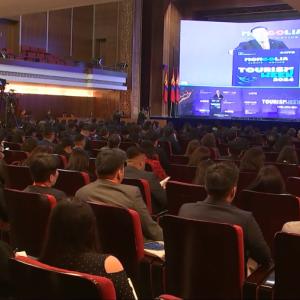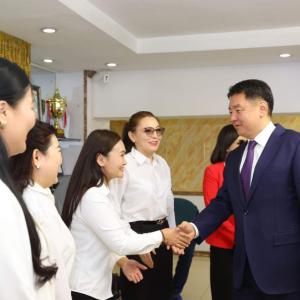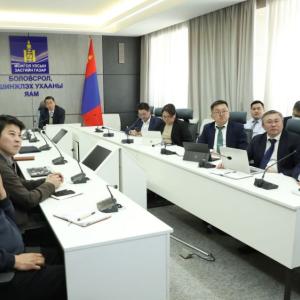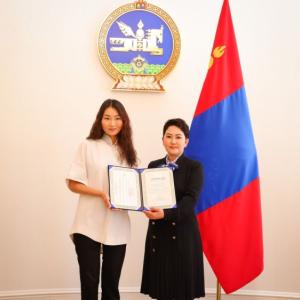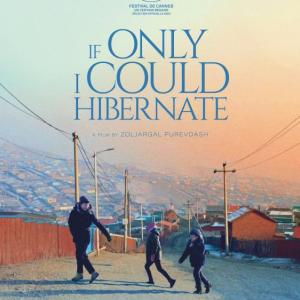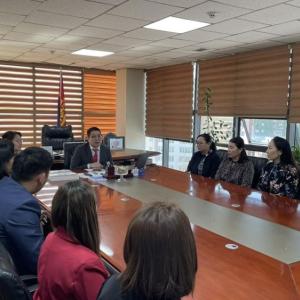Over Ten Thousand Mongolians Safeguard Intangible Cultural Heritage
Society
Ulaanbaatar, April 15, 2024 /MONTSAME/. The Ministry of Culture of Mongolia launched the "Cultural Revival" National Campaign in 2023, aiming at strengthening national common values, which included in "Vision-2050", Mongolia's long-term development policy, and ensuring the implementation of cultural laws. Following a successful nationwide implementation in 2023, the "Cultural Revival" Campaign for 2024 commenced in Ulaanbaatar City, hosting a meeting for the Capital’s more than 1,400 inheritors representing seven categories of intangible cultural heritage on April 15, 2024.

Minister of Culture of Mongolia, Nomin Chinbat opened the meeting by introducing the Ministry's policies to promote cultural heritage conservation, protection, and development.
Minister Nomin said, “Intangible cultural heritage, a fragile and invaluable treasure, is transmitted through generations. Therefore, to protect our intangible heritage and ensure its stability, it's vital to establish a national communication network for inheritors who share common goals and values. Public awareness of the diverse and valuable forms of intangible cultural heritage, along with a clear understanding of its significance, will foster respect for these traditions among citizens. It, in turn, will spark an interest in passing on the heritage, ensuring its continued existence and viability.”
Intangible cultural heritage encompasses a vast array of traditions, including the mother tongue, its associated cultures, oral literature, long and short folk songs, and epics, along with their unique singing and performing styles, and contortion and circus artistry. In Mongolia, 10,924 inheritors safeguard the heritage by transmitting it to future generations.
At today's meeting, G. Enkhbat, Director of the National Center for Cultural Heritage of Mongolia, and B. Davaatseren, Head of the Cultural Heritage Policy and Implementation Department of the Ministry of Culture, discussed and exchanged opinions on the possibility of developing tourism in Mongolia based on tangible and intangible cultural heritage, cultural heritage resources, and cultural space.


 Ulaanbaatar
Ulaanbaatar

